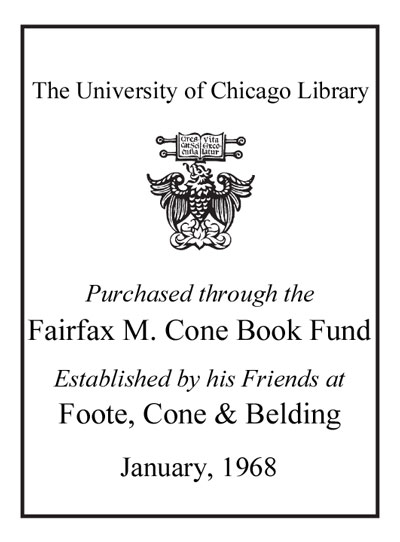Preferences, value, choice, and welfare /
Saved in:
| Author / Creator: | Hausman, Daniel M., 1947- |
|---|---|
| Imprint: | New York : Cambridge University Press, 2012. |
| Description: | xiv, 153 p. : ill. ; 24 cm. |
| Language: | English |
| Subject: | |
| Format: | Print Book |
| URL for this record: | http://pi.lib.uchicago.edu/1001/cat/bib/8627890 |
Table of Contents:
- Preface
- 1. Introduction
- Part I. Preferences in Positive Economics
- 2. Preference axioms and their implications
- 3. Revealed preference theory
- 4. Preferences, decision theory, and consequentialism
- 5. Game theory and consequentialism
- 6. Constraints and counterpreferential choice
- Part II. Preferences, Welfare, and Normative Economics
- 7. Preference satisfaction and welfare
- 8. Preferences in welfare economics
- Part III. Psychology, Rational Evaluation, and Preference Formation
- 9. The psychology of choice
- 10. Constructing preferences
- 11. Conclusions

